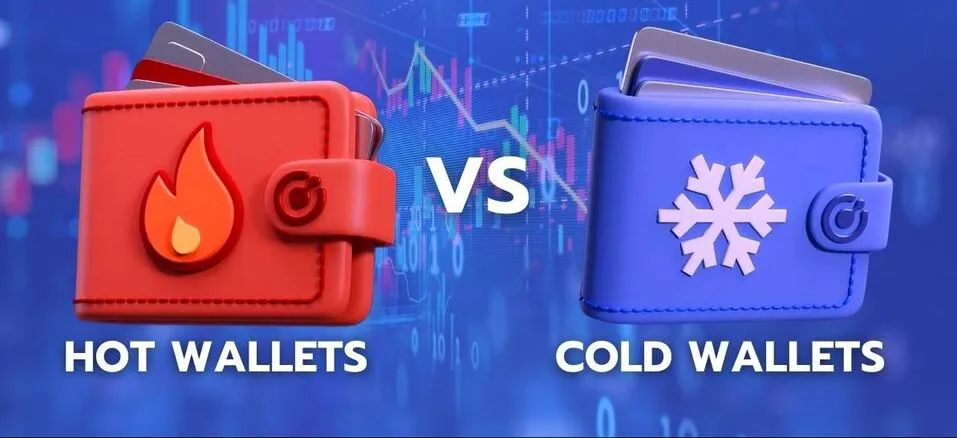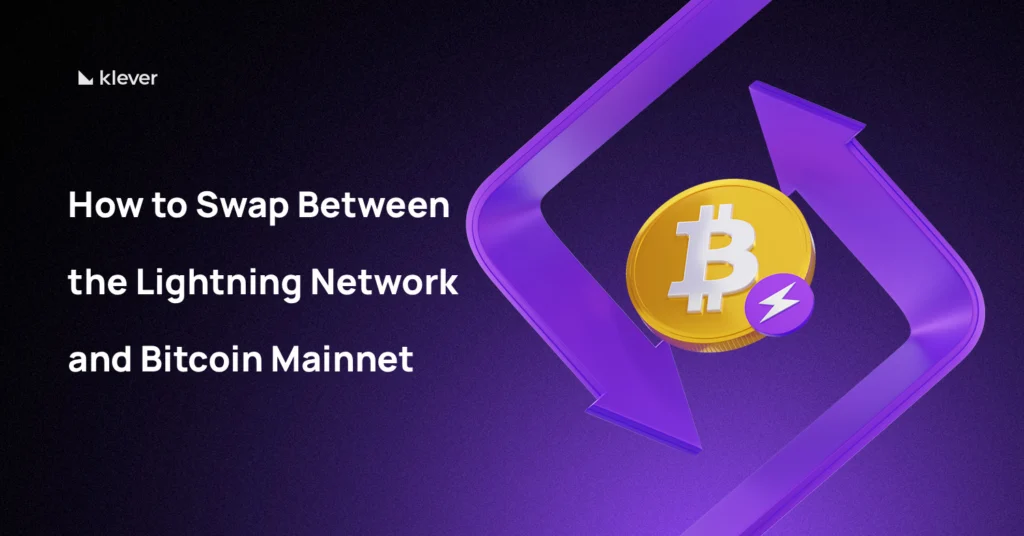
Bitcoin is a decentralized digital currency designed for secure, peer-to-peer transactions without intermediaries. As a blockchain-based asset, Bitcoin offers transparency and immutability, making it a widely adopted form of digital money. However, unlike traditional assets, Bitcoin requires specialized wallets for secure storage, as private keys grant full control over funds.
Since Bitcoin is entirely digital, securing it is the responsibility of the owner.
Choosing the right wallet and implementing strong security measures are essential steps to protecting your Bitcoin from loss, theft, or unauthorized access.
This guide will cover:
- The different types of Bitcoin wallets and their key differences
- Security risks and best practices for protection
- How to choose the right wallet based on your needs
Understanding Bitcoin Wallets: Hot vs. Cold Storage
Bitcoin wallets fall into two primary categories: hot wallets and cold wallets. Each has its own advantages, depending on the level of security and accessibility required.
Hot Wallets: Convenience with Online Access
Hot wallets are connected to the internet, making them easy to access for daily transactions. However, their online nature makes them more vulnerable to hacking, phishing, and malware attacks.
Types of Hot Wallets:
- Mobile Wallets – Installed on smartphones for quick Bitcoin transactions. While convenient, they can be at risk if the device is lost or compromised.
- Desktop Wallets – Installed on personal computers, providing more control over funds but still susceptible to malware and cyberattacks.
- Browser Extension Wallets – Installed as browser extensions for quick access to Bitcoin and other cryptocurrencies. These wallets allow seamless interaction with decentralized applications (dApps) but can be vulnerable to phishing attacks and malicious extensions.
- Web Wallets (Exchange Wallets) – Hosted by cryptocurrency exchanges and accessible through a website. While easy to use, these wallets are custodial, meaning the exchange controls the private keys, increasing the risk of hacks or withdrawal restrictions.
Hot wallets are ideal for storing small amounts of Bitcoin for everyday use, but security measures like two-factor authentication (2FA) and strong passwords are essential.
The general rule of thumb for bitcoin enthusiasts is to store substantial virtual currency holdings, or those intended for long-term investment, in ‘cold storage’.
This method involves using a computer not connected to the internet, or opting for a specialized USB device known as a hardware wallet, to ensure higher security for your digital assets.
Cold Wallets: Maximum Security for Long-Term Storage
Cold wallets, or cold storage solutions, are offline wallets that provide a higher level of security by keeping private keys disconnected from the internet. They are ideal for long-term storage of Bitcoin and protecting against online threats.
Types of Cold Wallets:
- Hardware Wallets – Physical devices that securely store private keys offline. Considered one of the most secure options for Bitcoin storage.
- Paper Wallets – A physical printout of private and public keys. While immune to cyber threats, paper wallets must be stored carefully to prevent damage or loss.
Cold wallets significantly reduce the risk of hacking and unauthorized access, making them the preferred choice for storing large Bitcoin holdings securely.
Best Practices for Bitcoin Security
Regardless of the type of wallet used, security should be a top priority when managing Bitcoin. The following best practices can help safeguard your funds:
- Use a Hardware Wallet for Long-Term Storage – Hardware wallets provide maximum security by keeping private keys offline.
- Enable Two-Factor Authentication (2FA) – Adds an extra layer of protection by requiring an additional code for access.
- Keep Wallet Software Updated – Ensure your wallet has the latest security updates and patches.
- Backup Your Wallet and Store It Securely – Always create multiple backups of your recovery phrase and store them in separate, secure locations.
- Use a Strong, Unique Password – Avoid reusing passwords from other accounts to prevent credential theft.
- Be Cautious with Online Wallets – Never store large amounts of Bitcoin on web wallets or exchanges. Withdraw funds to a private wallet where you control the private keys.
- Protect Your Seed Phrase – Write down and store your seed phrase offline, as it is necessary for recovering your wallet in case of device failure.
- Stay Alert to Phishing and Scams – Always verify links and sources before entering private information
Klever Wallet: A Secure and Versatile Solution for Bitcoin Storage
Klever Wallet provides a non-custodial, secure, and easy-to-use platform for managing Bitcoin and other cryptocurrencies. Designed for both beginners and experienced users, it offers:
- Full control over private keys, ensuring users maintain ownership of their Bitcoin
- Biometric authentication for enhanced security
- Support for multiple cryptocurrencies alongside Bitcoin
- Built-in swap functionality, allowing quick exchanges between digital assets
- Seamless integration with hardware wallets for additional protection
By using Klever Wallet, Bitcoin holders can store, send, swap and receive their funds securely while enjoying a user-friendly experience.
KleverSafe: A Hardware Wallet for Maximum Protection
For those looking for cold storage solutions, KleverSafe offers an advanced hardware wallet designed for long-term Bitcoin security.
Key Features of KleverSafe:
- Offline storage – Keeps private keys disconnected from the internet, reducing exposure to cyber threats.
- Tamper-resistant design – Built for physical security, protecting against unauthorized access.
- Integration with Klever Wallet – Allows users to manage funds efficiently while keeping assets secure.
Using a hardware wallet like KleverSafe ensures maximum security for Bitcoin holders looking to protect their long-term holdings from online risks.
Final Thoughts
Securing Bitcoin requires choosing the right storage solution and applying strong security measures. While hot wallets offer convenience for daily use, cold wallets provide the best security for long-term storage.
By following best practices and leveraging trusted wallet solutions like Klever Wallet and KleverSafe, Bitcoin holders can ensure their digital assets remain safe, accessible, and protected from cyber threats.




